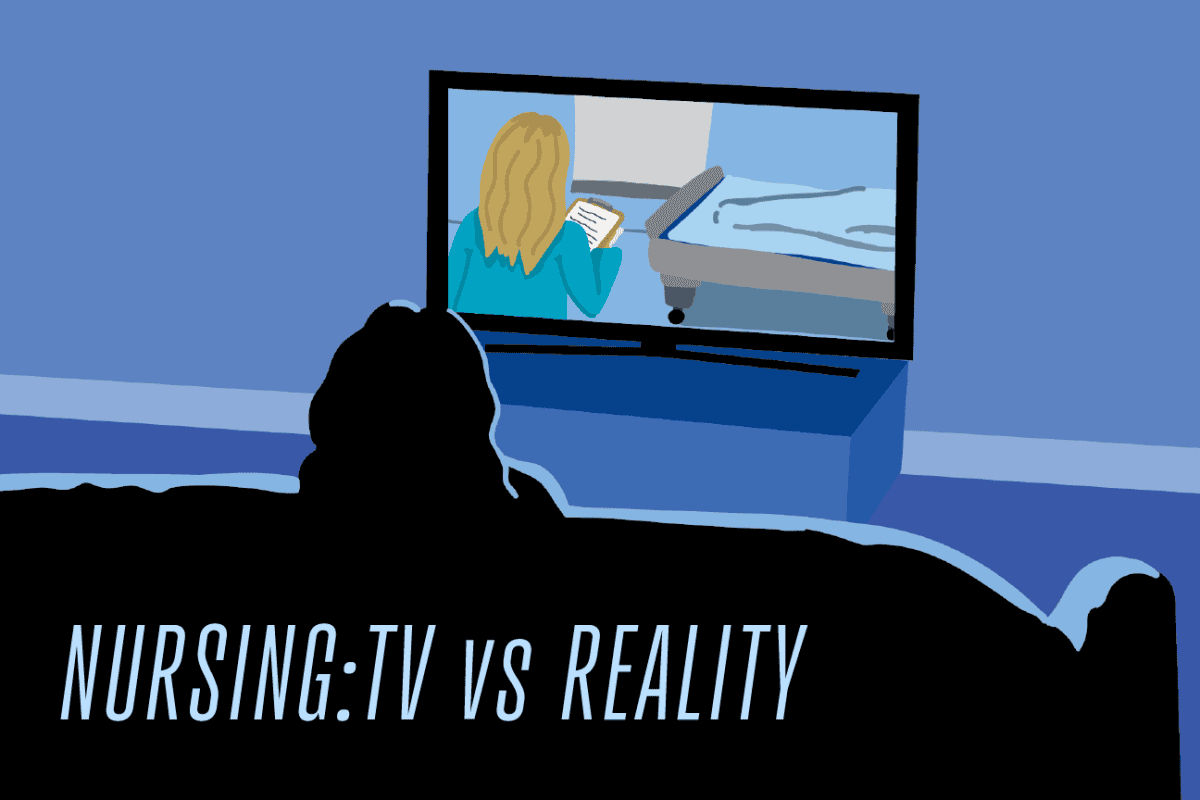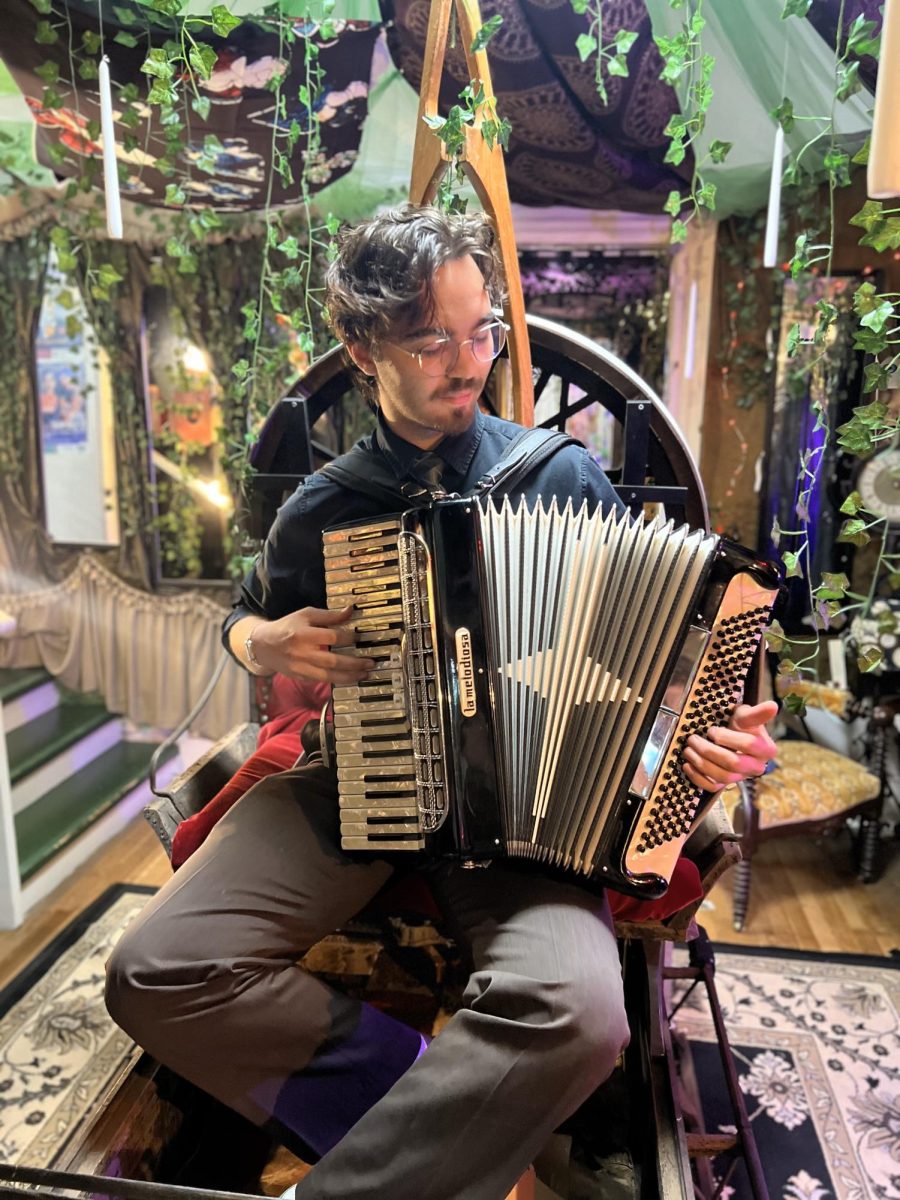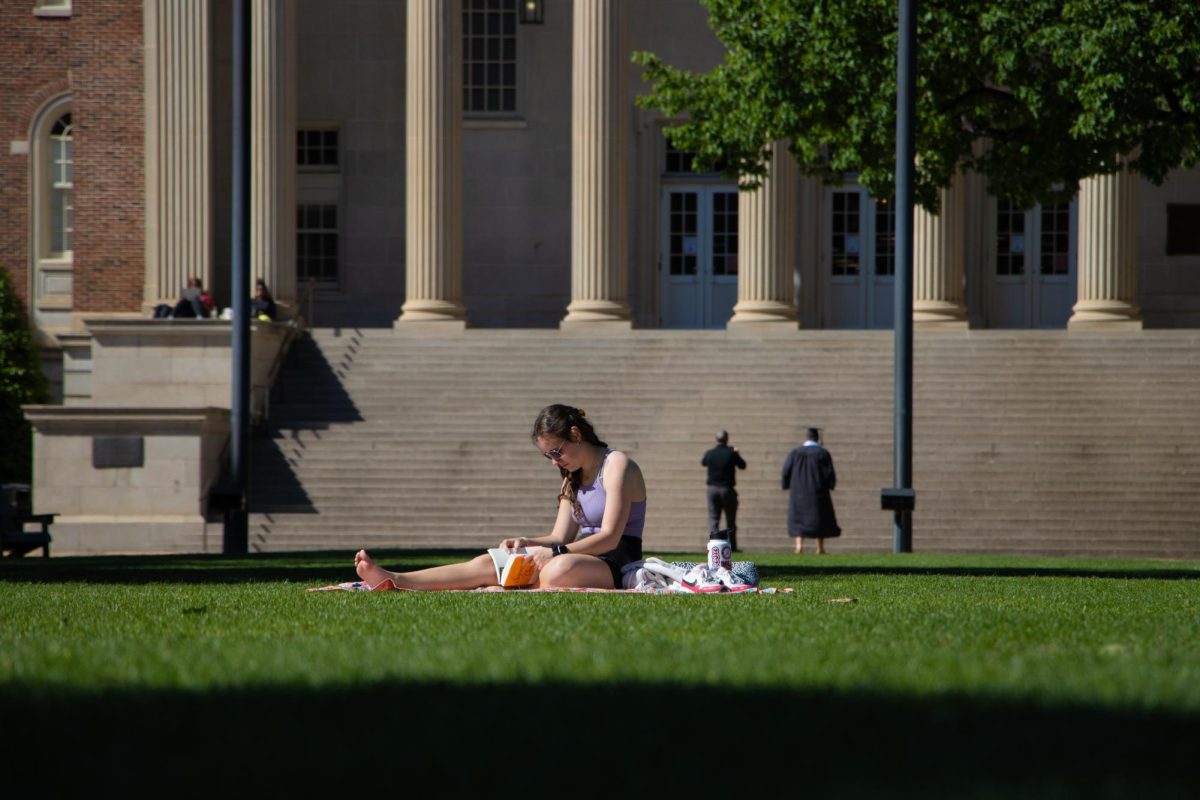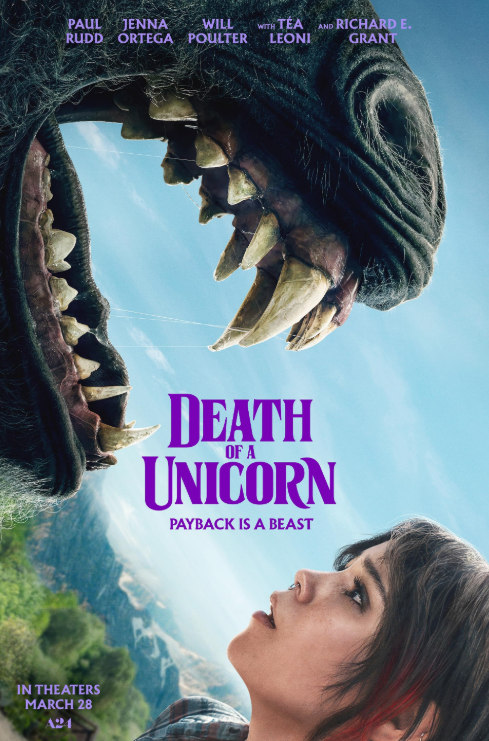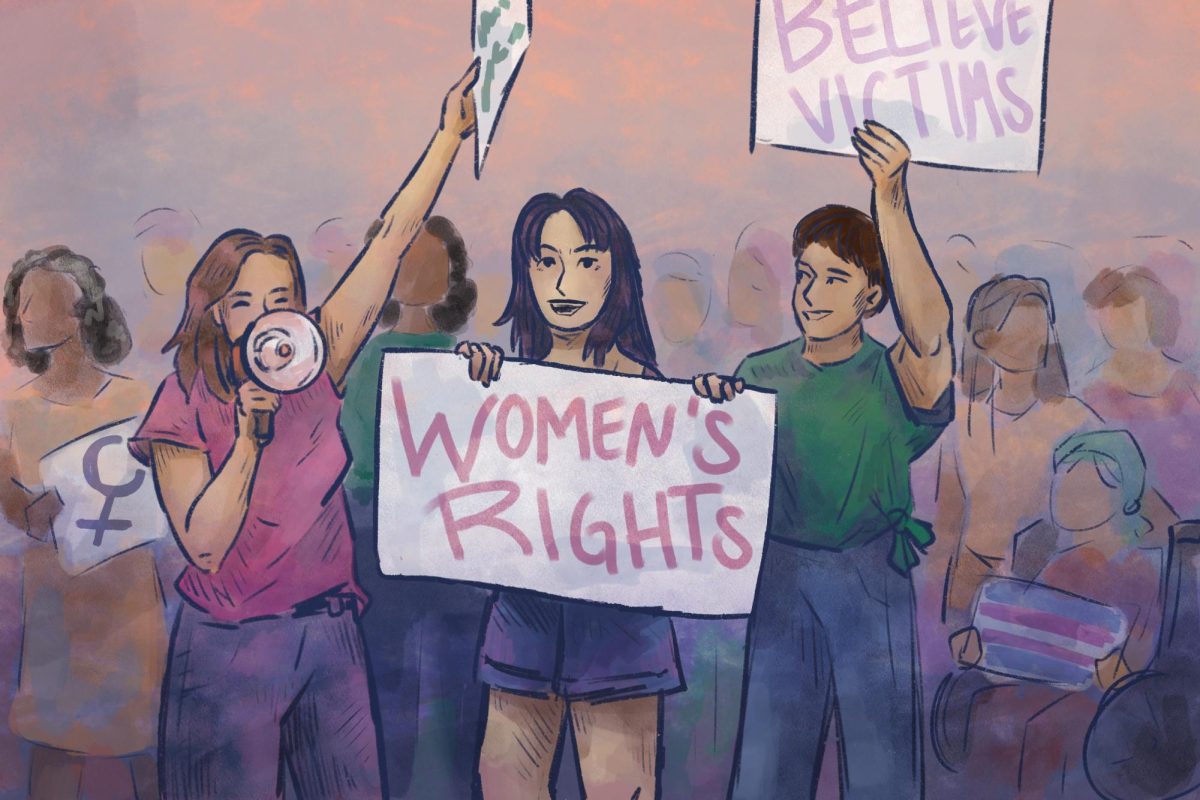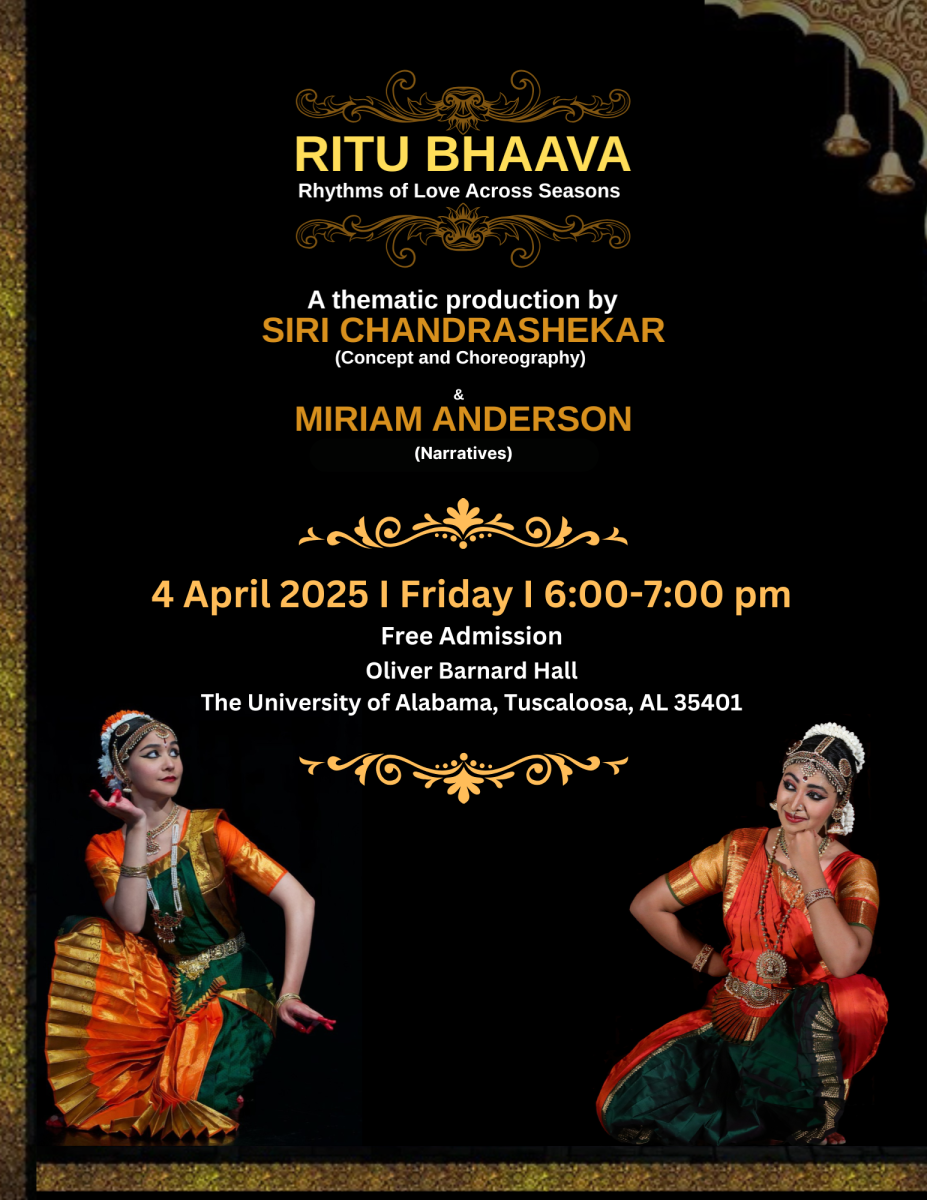Popular medical field-based TV shows have influenced people to take an interest in nursing. However, these shows don’t always accurately portray the reality nurses deal with on a day-to-day basis.
Kate McConathy, a faculty member in the Capstone College of Nursing and a nurse practitioner at University of Birmingham, said many misconceptions come from the doctor doing all the duties and the nurse only helping in the background.
“When you see a ‘Grey’s Anatomy’ character when they’re at the bedside, a lot of what they’re doing is actually nurses’ work,” McConathy said. “I would always give the advice to go and find a real nurse and follow them around. … I would want them [prospective students] to know what they’re getting into.”
McConathy said a frequent occurrence for students is learning that the path they are going down is not the route they want to take.
“If this is not what you want to do, how can we help you get where you want to be?” McConathy said of her reaction to nursing students no longer wanting to be nurses.
There are many pathways in the nursing field that students often overlook, according to McConathy. Such as high school nurses, home nurses, receptionists and more.
“The beauty of nursing is that there’s so many facets of it,” McConathy said. “I think that you just really need compassion for nurses, because at the end of the day, we throw everything aside to help our patients. We literally will do anything for our patients.”
Richard Merrill, clinical assistant professor in the Capstone College of Nursing, said that from the beginning of the nursing program, professors encourage their students to shadow a nurse to be able to get an idea of what they are getting into.
“They have no idea what’s going on,” Merrill said of students. “Most decide early on that nursing is not for them.”
In TV shows such as “Grey’s Anatomy,” “Chicago Med” or “House,” the nurse is shown as someone in the background, not as involved as doctors. Professors like Merrill say that is not the case.
“A few decades ago, there was a television program titled ‘ER,’ and I thought they did a pretty fair job of demonstrating it,” Merrill said of media depictions of the nursing field. “But for the most part, they highlight physicians as doing all the work, and nurses as just tools or something to be utilized.”
Frances Abbott, a junior majoring in nursing, said that while she had not had any shock to what classes teach, she was surprised at the level of research required.
“The nursing field, in and of itself, is constantly researching to figure out new methods and better ways to help patients. So it’s [research] something that’s just going to always be present,” Abbott said.
She added that she has heard that the medical field is different from how it is presented in nursing school.
“Nursing school is good at providing a lot of base knowledge, but when it comes to knowing how to care for patients on the floor, I think most of that learning comes from working and getting hands-on experience,” Abbott said.
Although many TV shows may be inaccurate in portraying the field, McConathy recommended two shows that capture the essence of nursing in various ways: “The Midwife” and “Nurse Jackie.”
McConathy said “The Midwife” shows the passion and excitement of being a nurse, while “Nurse Jackie” shows the negative side of being burnt out from the job.
“It’s a privilege to see life and death,” McConathy said. “But it’s very hard to see … because it will definitely take a toll on you.”



